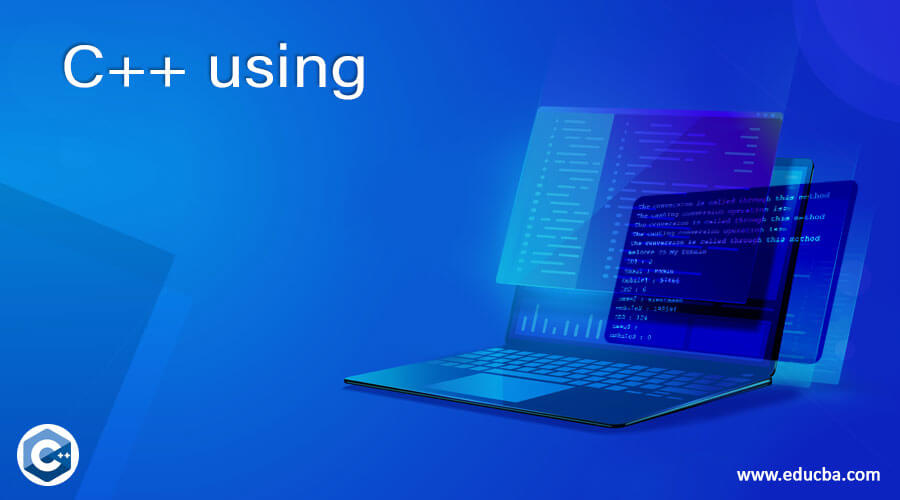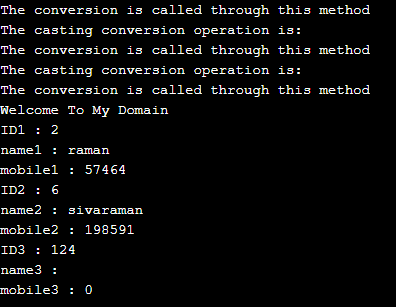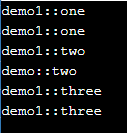Updated April 17, 2023

Introduction to C++ using
C++ using is one of the keywords that is used for to bring the some specific member functions from the namespace that can be started using the keyword. It will be the directive, declarative, and other even directives are also implemented. We can import the old and current namespaces to introduced a new name for including the class scopes most often. It will be promoted with the default access level modifiers of some inherited members. It’s a parent-child relationship the base class into the derived classes for overloaded the function scopes as well as the resolution of the programs.
Syntax
In C++ each object, variables and keywords have their own syntax and attributes for declaring in the programming codes. Based on the requirement, we will utilize the special keywords or reserved keywords from the programming library. The using is one of the keywords, and the directives tell the compilers to search the additional namespaces.
#include <iostream> //import the libraries
#include <string>
#include <cstring>
using namespace std;
data type main()
{
---some programming logics---
}The above codes are the basic syntax for used the “using” keywords in the programming logic. We can use a different set of structure for utilizing the other default keywords type; by using these types of predefined keywords, the compiler will fetch a number of data types for declaration and edit the namespaces in the single terminology.
How using keyword works in C++?
The C++ has n number of reserved keywords that will provide the same level of abstractions from the actual namespaces and new namespaces, which is already used for the programmers to allow it with the more focus on the coding concepts. It also makes it easier for to write the programming codes and clean them using some methods like destroy() or any other default methods belonging to the garbage collections, and it’s the main area for destroying the unwanted codes and clean up the memory space areas. It depends upon the data types, and the object creation sizes must be calculated, and it allocates the memory space for the both the big storage data type variables as well small amount storage variables. Normally the C++ declarations the directives are used with the different types of memory spaces like heap and stack memory. The namespace declaration and the definition will be the standard type declarations. It brings all types of members, and the functions are converted into the current and future scopes.
The keywords are often used with the same type of documentation while indicating the number of the specific variable via included in the programming contexts that may also be included for the necessary expressions with variable members and the functions with some of the unit measures. We can use the using with simplified variable, method declarations for the some compound types like struct, union etc. or even though we included some pointers type in the syntax while we used pointer in the keyword it creates the specific memory storage with the compiler and as well as the address is noted for the each variable also changed in the both old and new namespaces.
We can also use different types of pointers in the programming that contains multiple scenarios for the both declared and directives for the single level statements even though the pointers are included or not in the structures type. The class members also specified that using a keyword with the preceding number of coding lines will be rewritten with the both parent and child classes for accessing the methods. It will reduce the length and complexity of the codes. The functional declarations will be more cryptic, and it clearly shows with the accepts of arguments or the types, it will return the variables. The type alias and other alias templates also used for the declaration in C++ for using keyword.
Example of C++ using
Different examples are mentioned below:
Example #1
Code:
#include <iostream>
#include <string>
#include <cstring>
using namespace std;
typedef struct example
{
int id;
char name[14];
int mobile;
}s;
class demo {
int a;
public:
demo(int a_i = 1)
: a{a_i }
{
cout << "The conversion is called through this method" << endl;
}
operator string()
{
cout << "The casting conversion operation is:" << endl;
return to_string(a);
}
};
int main()
{
s j, k, l;
demo b(4);
string s = b;
b = 32;
string s1 = static_cast<string>(b);
b = static_cast<demo>(34);
j.id = 2;
strcpy(j.name,"siva");
j.mobile = 82202;
k.id = 4;
strcpy(j.name,"raman");
j.mobile = 57464;
k.id = 6;
strcpy(k.name,"sivaraman");
k.mobile = 198591;
cout << "Welcome To My Domain" << endl;
cout << "ID1 : " << j.id << endl;
cout << "name1 : " << j.name << endl;
cout << "mobile1 : " << j.mobile << endl;
cout << "ID2 : " << k.id << endl;
cout << "name2 : " << k.name << endl;
cout << "mobile2 : " << k.mobile << endl;
cout << "ID3 : " << l.id << endl;
cout << "name3 : " << l.name << endl;
cout << "mobile3 : " << l.mobile << endl;
return 0;
}Output:
Example #2
Code:
#include <iostream>
struct demo {
virtual void one(int) { std::cout << "demo::one\n"; }
void two(char) { std::cout << "demo::two\n"; }
void three(int) { std::cout << "demo::three\n"; }
protected:
int a;
typedef int val;
};
struct demo1 : demo {
using demo::a;
using demo::val;
using demo::one;
void one(int) { std::cout << "demo1::one\n"; }
using demo::two;
void two(int) { std::cout << "demo1::two\n"; }
using demo::three;
void three(int) { std::cout << "demo1::three\n"; }
};
int main()
{
demo1 i;
demo& d = i;
i.a = 3;
i.one(3);
i.one(3);
i.two(2);
i.two('k');
i.three(3);
i.three(3);
}Output:
Example #3
Code:
#include <iostream>
#include <string>
#include <cstring>
using std::string;
int main()
{
string s = "Welcome To My Domain";
using std::cout;
cout << s;
}Output:
Conclusion
In the Conclusion part, C++ has many features, including one of the characteristics as the special reserved keywords in the libraries. It has a lot of pre-defined functions and is used for implementing the logic in the application. Here we used these keywords to reduce the lines of codes and the memory areas to increase the application’s performance.
Recommended Articles
This is a guide to C++ using. Here we discuss How using keyword works in C++ and Examples along with the codes and outputs. You may also have a look at the following articles to learn more –



